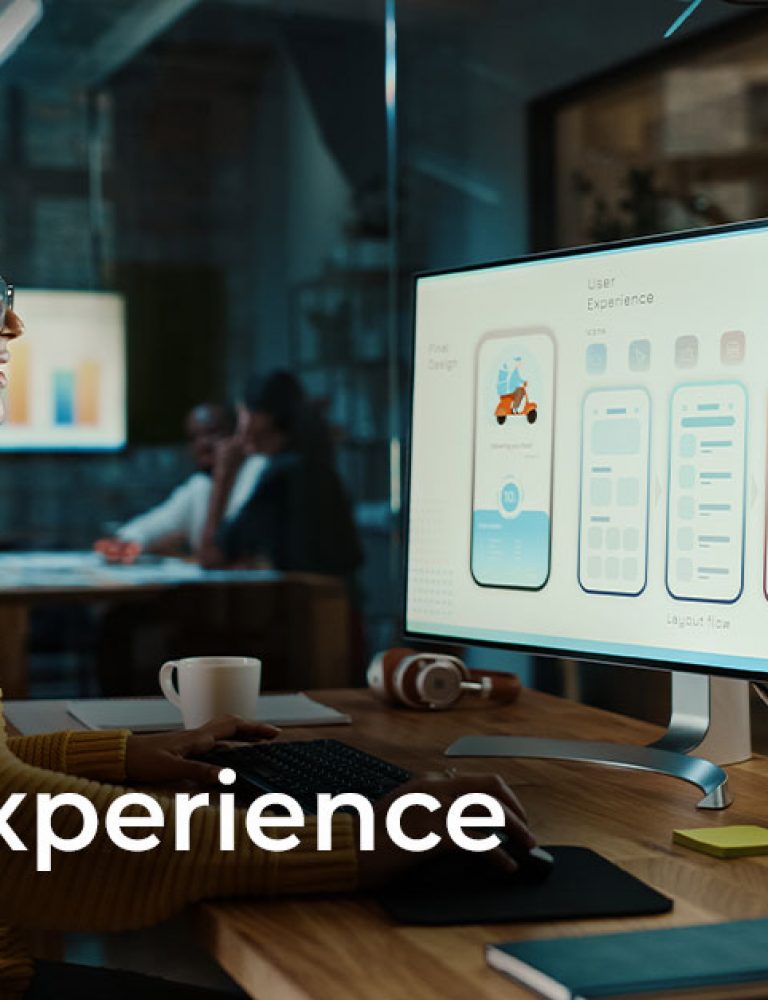The emergence of online learning platforms has eliminated many barriers to education. They have kindled a revolution in the traditional classroom setting, transforming the educational experience altogether.
They have helped overcome the geographic, socio-economic and demographic constraints that traditional education systems face. So, why then do these platforms need to be even more accessible than they already are? And how does one ensure their online learning platform uses accessibility features that actually add value?
Let’s take a look.
Table of Contents
- What Is Accessibility and Why Is It Important for Online Learning Platforms?
- A Fair and Improved Learning Experience for All
- Greater Inclusivity and Assistance for Online Learners with Disabilities
- Culturally Inclusive Teaching Strategies
- Value-Added Accessibility Features: The WCAG
- WCAG 2.1 Requirements
- Wrapping Up
What Is Accessibility and Why Is It Important for Online Learning Platforms?
In simplistic terms, accessibility is about making something usable for as many people as possible, in as many different situations as possible. Today, it can apply to almost anything including product design, activities, information exchanges and so on. It can also help those who don’t necessarily suffer from a physical disability.
Article 26 of the Universal Declaration of Human Rights highlights the importance of education on a global scale. In that context, accessibility plays a crucial role in education.
Accessibility in online learning refers to the use of technology and standards to develop educational materials that suit diverse learners. Here are a few reasons why accessibility is extremely important in online learning.
A Fair and Improved Learning Experience for All
On an online learning platform, there is no real control over who accesses your content. You could have learners, who you have no prior information about, sitting at the other end of the globe. You don’t necessarily know or understand their needs.
For your course to be successful, it needs to come in-built with accessibility features. These could include closed captioning, audio descriptions, adjustable font and text sizes, and multi-language content.
Additionally, using alternative text (alt-text) for images, intuitive navigation, and labeling of pages ensures that every learner can access the course information and navigate the platform seamlessly.
These alternative ways of navigating and interacting with content can facilitate better engagement with online course materials and improve the learning experience for all.
Greater Inclusivity and Assistance for Online Learners with Disabilities
The UNESCO Global Report (2013) states that individuals with disabilities frequently encounter discrimination in both the classroom and the workplace. They face many barriers, including decreased access to information and a lack of job opportunities.
Online learning solutions harness the potential to support inclusive education for people with diverse needs. For example, learners with mobility challenges have the option of learning from home rather than commuting to an inaccessible campus or classroom.
Learners with disabilities can also retain their privacy if they prefer not to disclose their impairment.
Accessibility ensures equal learning opportunities by enabling all learners to access the same materials and resources. Some ways to do this include:
- Writing concise content
- Using consistent formatting
- Clearly defining headings and topics
- Using alt-text and descriptions for all images
- Integrating subtitles and transcripts for video content
Culturally Inclusive Teaching Strategies
Accessible courses not only incorporate features for specific disabilities but also take into account the diverse student population. A one-size-fits-all approach to online learning is hardly feasible and therefore the teaching strategies used must also be inclusive.
Development of curriculum should incorporate different ethnicities, abilities, disabilities, ages, gender, and more. This personalized approach helps ensure that the learning material is both culturally inclusive and accessible.
Online coursework that is curated to be mindful of linguistic and cultural diversity helps improve a learner’s understanding of the subject while also improving their understanding of people from different backgrounds.
Discussion forums on online learning platforms also foster collaboration between global learners.
Now that we’ve understood the importance of accessibility in online educational content, let’s take a brief look at how to incorporate accessibility features that add value to the learning experience.
Value-Added Accessibility Features: The WCAG
In 1999, the first edition of the Web Content Accessibility Guidelines (WCAG) was published by the World Wide Web Consortium (W3C). The W3C is an organization that sets standards for the internet.
The Web Content Accessibility Guidelines (WCAG) are a set of international guidelines designed to ensure that digital content is accessible to everyone. The guidelines specify criteria and techniques to make web content more accessible.
WCAG 2.1 is currently the latest version of these guidelines.
WCAG 2.1 Requirements
WCAG 2.1 consists of three levels of compliance. The requirements for each level are as follows:
Level A: This is the basic level of accessibility suggested for any content on the internet. It necessitates that all content should be perceivable, operable, and understandable. Content must also contain alternative text for images, captions for audio, and ensure effective keyboard navigation.
Level AA: This intermediate level necessitates that all content be robust, implying that it should be compatible with assistive technologies, multiple browsers and devices. Provision of text alternatives for non-text content, sufficient color contrast, minimized scrolling, and animations are also required.
Level AAA: This is the highest level of accessibility suggested. It requires all content to be perceivable, operable, and robust and have additional features to enhance the user experience. These features may include providing a sign language interpreter, descriptions for video, and an alternative for time-based media.
Although the WCAG was developed as a reference point for organizations looking to make their digital content more accessible, a number of countries have adopted it as a legal requirement.
Wrapping Up
Online learning emerged by collaborating with the best teaching professionals in a new learning landscape. It has increased the options for individualized learning. A commitment to inclusivity in learning programs from the initial stages helps learners be successful in their academic journeys.
Accessible online learning platforms ensure all individuals can procure the same information, engage in the same interactions, and easily avail the same benefits of their courses.
Ensuring educational content aligns with eLearning accessibility standards yield a more positive learning experience for everyone. Moreover, it better equips learners with the skills and information they need in order to excel.
At KITABOO, we are committed to providing our users with accessible learning content.
To know how we can help your organization do the same, write to us at KITABOO@hurix.com.
Suggested Reads:
Discover How An Ebook Conversion, Publishing & Distribution Platform Can Help You
Kitaboo is a cloud-based content platform to create-publish & securely distribute interactive mobile-ready ebooks.
You May Also Like
-
How to monetize your content for digital library?
Digital Publishing,eBook solution / January 19, 2024








